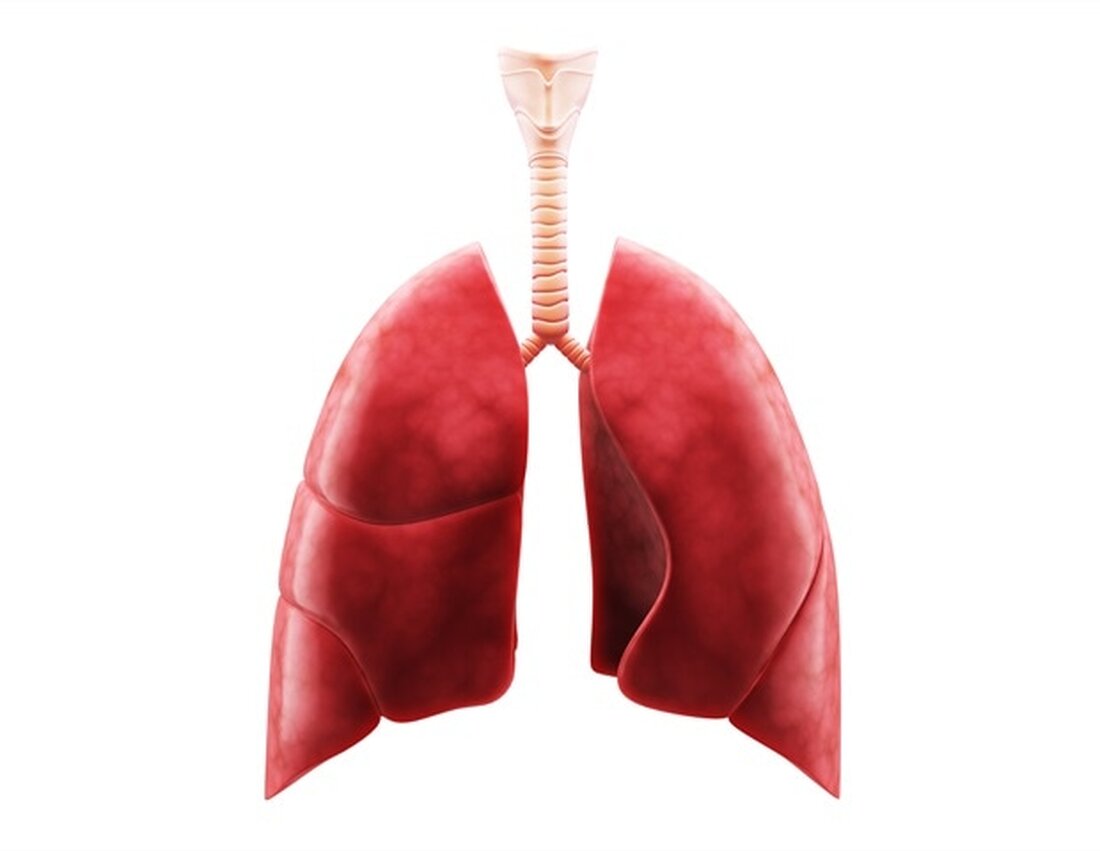Study shows altered microbiome in the lower respiratory tract in sarcoidosis patients
Sarcoidosis is a systemic inflammatory disease that is difficult to diagnose and treat, also because its cause and mechanism are still unclear. It is characterized by the formation of immune cell clusters called granulomas, especially in the lungs. Due to the involvement of this immune response, sarcoidosis may be caused by an infectious pathogen. For a long time it was assumed that the lower respiratory tract was sterile. However, it has now been discovered that the respiratory tract has its own “microbiome”. This is a collective term for the microbes that are constantly present in the respiratory tract. In the MicroILD study, 35 sarcoidosis patients and 35 healthy...

Study shows altered microbiome in the lower respiratory tract in sarcoidosis patients
Sarcoidosis is a systemic inflammatory disease that is difficult to diagnose and treat, also because its cause and mechanism are still unclear. It is characterized by the formation of immune cell clusters called granulomas, especially in the lungs. Due to the involvement of this immune response, sarcoidosis may be caused by an infectious pathogen.
For a long time it was assumed that the lower respiratory tract was sterile. However, it has now been discovered that the respiratory tract has its own “microbiome”. This is a collective term for the microbes that are constantly present in the respiratory tract.
The MicroILD study examined 35 sarcoidosis patients and 35 healthy controls. Compared to healthy controls, patients with sarcoidosis had a different microbiome in their lungs. In particular, sarcoidosis patients had an excess of the fungal species Aspergillus in the lower respiratory tract and lower concentrations of antimicrobial peptides compared to healthy controls.
The study suggests a possible connection between the microbiome in the lower respiratory tract and disease development in sarcoidosis.
– This is one of the few studies that shows an altered microbiome in the lower respiratory tract of sarcoidosis patients, explains Kristel Knudsen, a doctoral student at the University of Bergen.
Source:
Reference:
Knudsen, KS, et al. (2022) Lower respiratory tract microbiota and antimicrobial peptides indicate dysbiosis in sarcoidosis. Microbiome. doi.org/10.1186/s40168-022-01362-4.
.

 Suche
Suche
 Mein Konto
Mein Konto
